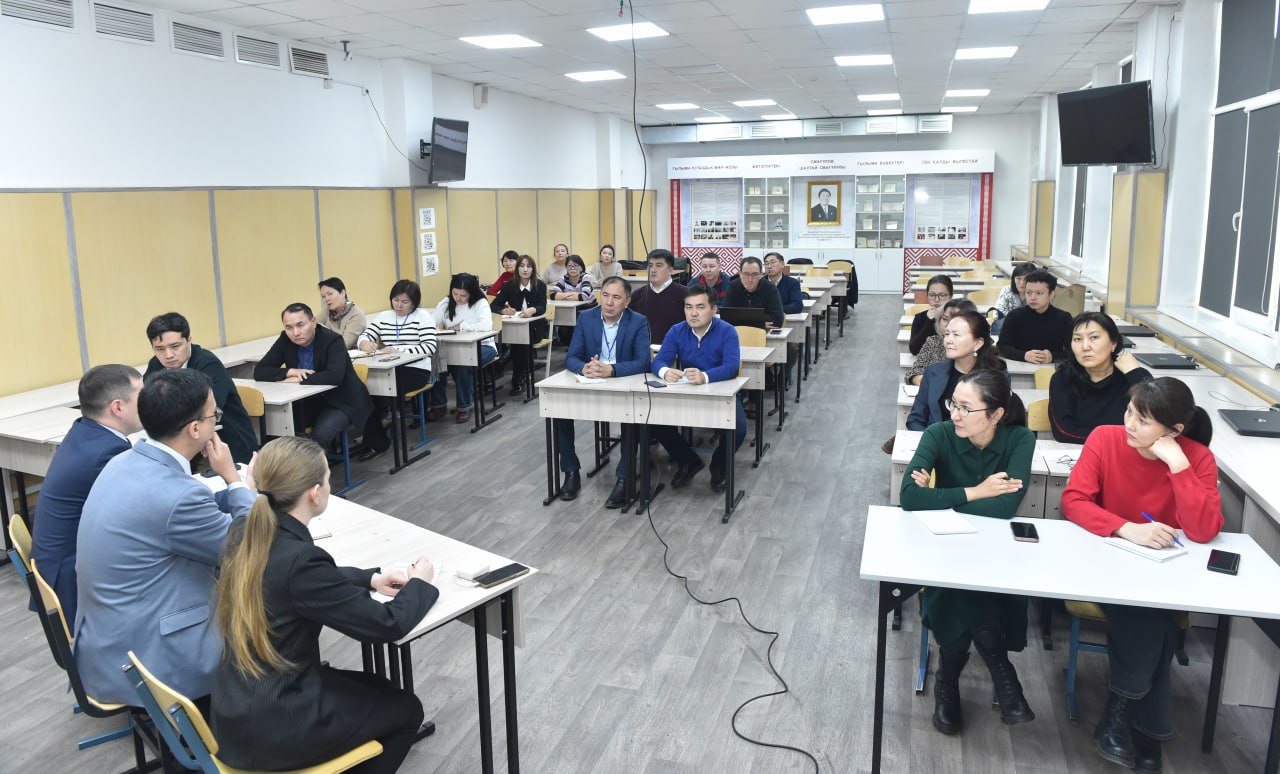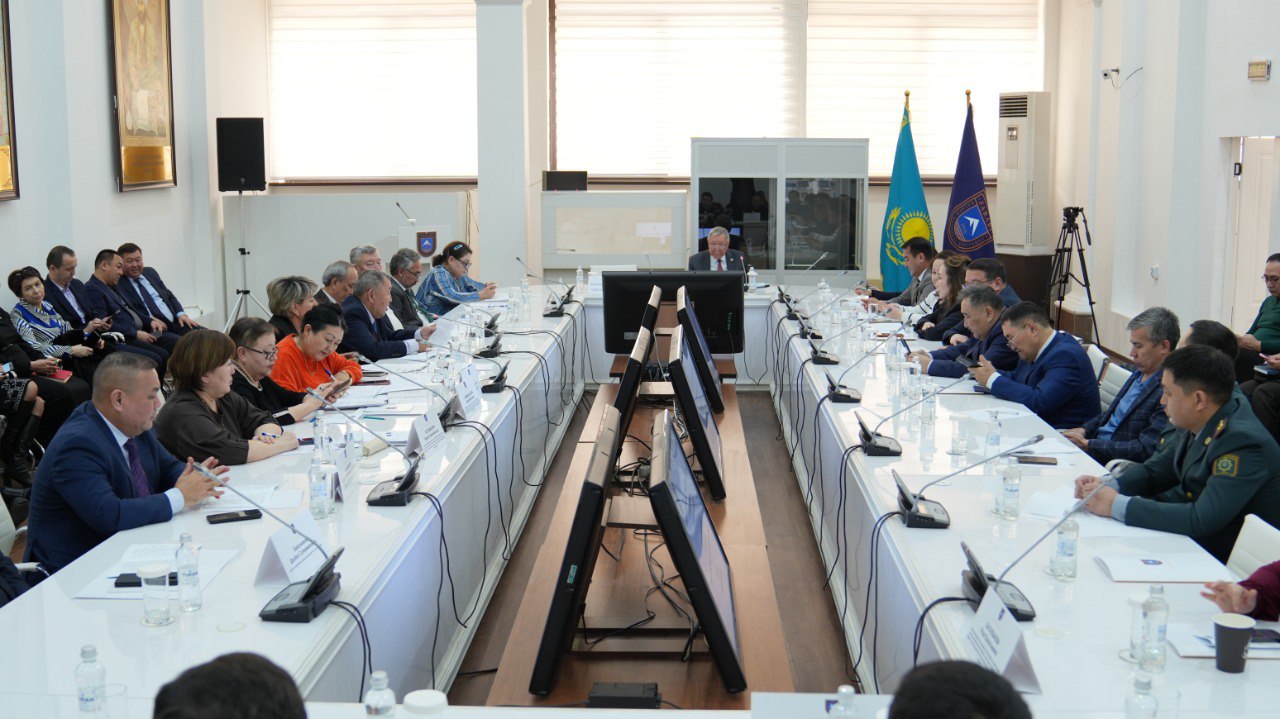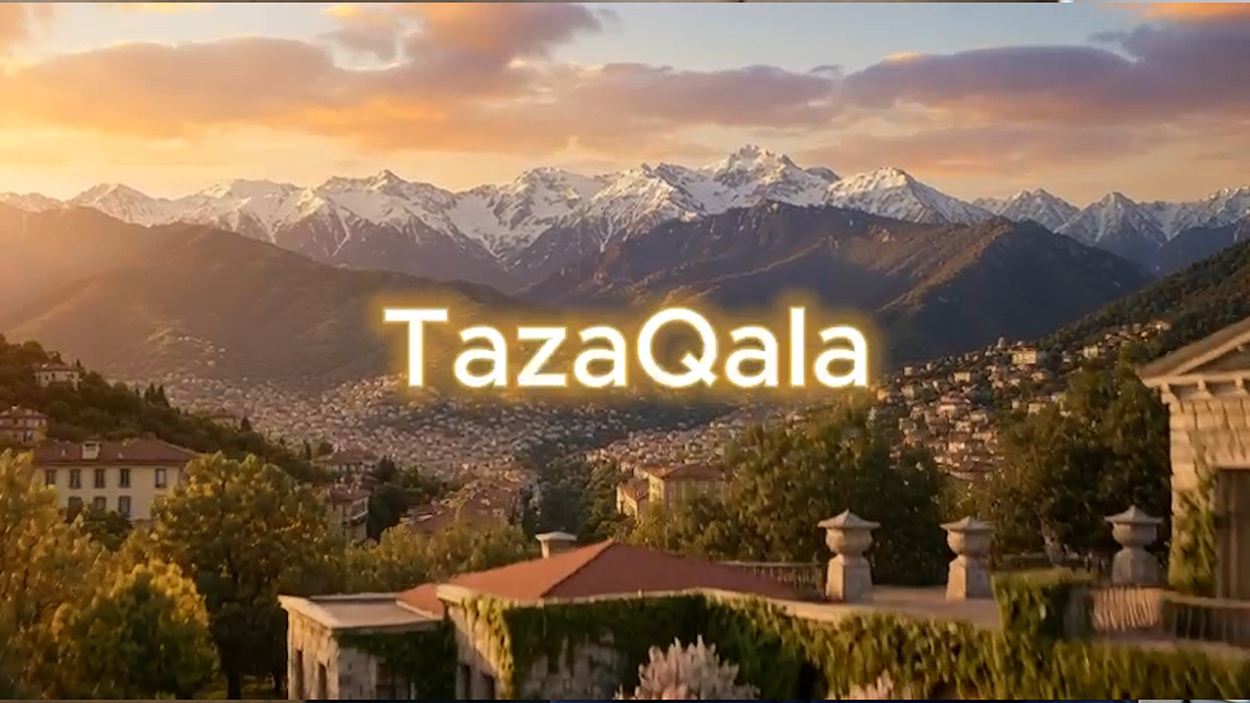- Main
- News
- AN ONLINE MASTER CLASS AND THE FINAL MEETING OF THE PROJECT CONSORTIUM FOR PARTNER COUNTRIES TO DISCUSS THE IMPLEMENTATION OF THE GEOCLIC PROJECT WERE HELD WITHIN THE FRAMEWORK OF THE ERASMUS+ PROJECT«619011-EPP-2020-1-KZ-EPPKA2-CBHE-JP «NEW COURSES IN GEOSPATIAL ENGINEERING FOR CLIMATE CH
AN ONLINE MASTER CLASS AND THE FINAL MEETING OF THE PROJECT CONSORTIUM FOR PARTNER COUNTRIES TO DISCUSS THE IMPLEMENTATION OF THE GEOCLIC PROJECT WERE HELD WITHIN THE FRAMEWORK OF THE ERASMUS+ PROJECT«619011-EPP-2020-1-KZ-EPPKA2-CBHE-JP «NEW COURSES IN GEOSPATIAL ENGINEERING FOR CLIMATE CH

From January 8 to 13, 2024, an online master class and the final meeting of the project consortium for partner countries to discuss the implementation of the GEOCLIC project were held within the framework of the Erasmus+ project«619011-EPP-2020-1-KZ-EPPKA2-CBHE-JP «New Courses in Geospatial Engineering for Climate Change Adaptation of Coastal Ecosystems» (GEOCLIC).
In this event, master classes were held by partners from the country: Lithuania –Vilnius Gediminas Technical University; the Netherlands – University of Twente, Faculty of Geo-Information Science and Earth Observation. Also take part teachers and project partners from Germany – EXOLAUNCH GmbH; Romania – Maritime University of Constanta; Azerbaijan – Baku State University, Azerbaijan National Aviation Academy, Azerbaijan University of Architecture and Constraction, Mingachevir State University, International Ecoenergy Academy; Turkmenistan – Turkmen Agricultural University named after S.A. Niyazov, Magtumguli Turkmen State University, International University of Humanities and Development; Kazakhstan – Al-Farabi Kazakh National University, Caspian State University of Technology and Engineering named after Sh. Yesenov, Atyrau Oil and Gas University named after Safi Utebayev.
The purpose of this master class is to train teachers of the CIS countries in new courses developed by European colleagues for their further implementation in the educational process.
As part of this event, the work of the KazNU Remote sensing center was presented to colleagues. And also some partners have signed a memorandum between universities and KazNU.
At the final meeting, the consortium summed up the results of the project.


